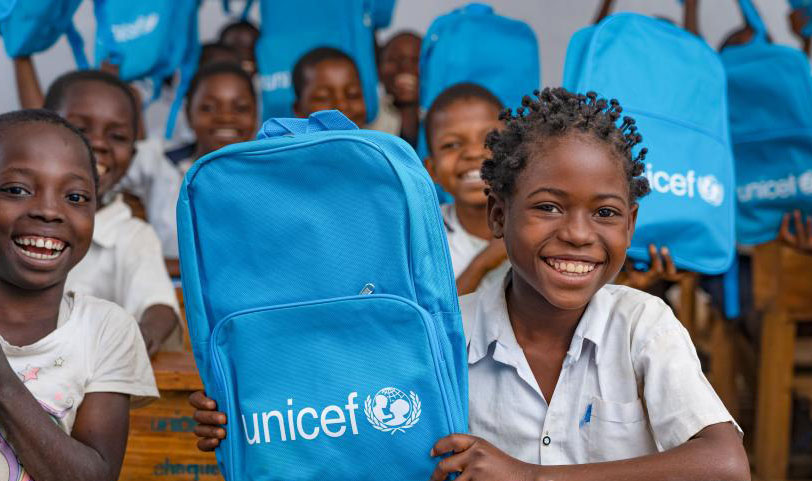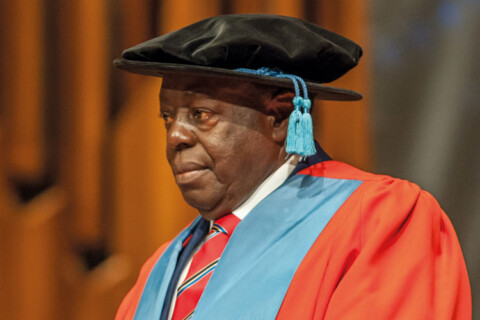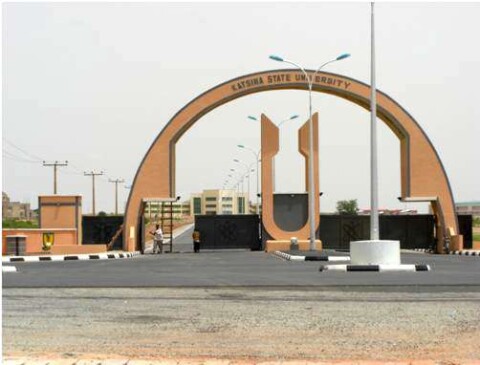UNICEF has raised serious concerns about Nigeria’s education system, revealing that 10.2 million primary school-age children and 8.1 million junior secondary school-age children are not in school. The UN organization also reported that 74% of children aged 7-14 lack basic reading and math skills. The situation is worsening due to increasing attacks on schools, with 19 incidents recorded in 2022 and 2023. This has led to the closure of 113 schools in Borno, Adamawa, and Yobe states because of security issues.
On the International Day to Protect Education from Attack, stakeholders met in Abuja to discuss the impact of these issues on education. The event, organized by the Federal Ministry of Education, the Universal Basic Education Commission (UBEC), and UNICEF, focused on the Minimum Standards for Safe Schools (MSSS) and ways to improve school safety.
Dr. Yusuf Tanko Sununu, Nigeria’s Minister of State for Education, stressed the importance of implementing the National Policy on Safety, Security, and Violence-Free Schools (NPSSVFS) and the MSSS to ensure safe learning environments. UNICEF Representative in Nigeria, Cristian Munduate, emphasized that protecting children in schools is a shared responsibility and requires commitment from all parties.
A 2023 assessment showed that states in Nigeria only meet about nine of the 21 MSSS standards for safe schools. Commissioner for Education in Adamawa State, Umar Pella, criticized Nigeria for spending heavily on security because it had not invested enough in education. He noted that education has suffered greatly due to the Boko Haram insurgency in the Northeast.
In Lagos State, schools saw a low turnout of students as the 2024/2025 academic session began. School owners attributed this to economic challenges, such as rising costs of books and financial difficulties faced by parents. Orji Kanu, President of the Association for Formidable Educational Development (AFED), noted that many parents are struggling to pay school fees and that some schools have agreed to allow fee payments in installments.
Dr. Solesi Abayomi from Jextoban Secondary School noted that economic challenges, like financial difficulties and fuel scarcity, were reasons for the low student turnout. He is hopeful that more students will return by the end of the week.
Chief Yomi Otubela, President of the National Association of Proprietors of Private Schools (NAPPS), said that private schools are working on flexible payment plans to assist parents. He also urged the government to help lower the costs for private schools by subsidizing teaching resources, reducing taxes on educational materials, and providing affordable loans. Otubela believes that more government support will decrease the number of out-of-school children and improve education quality in Nigeria.





